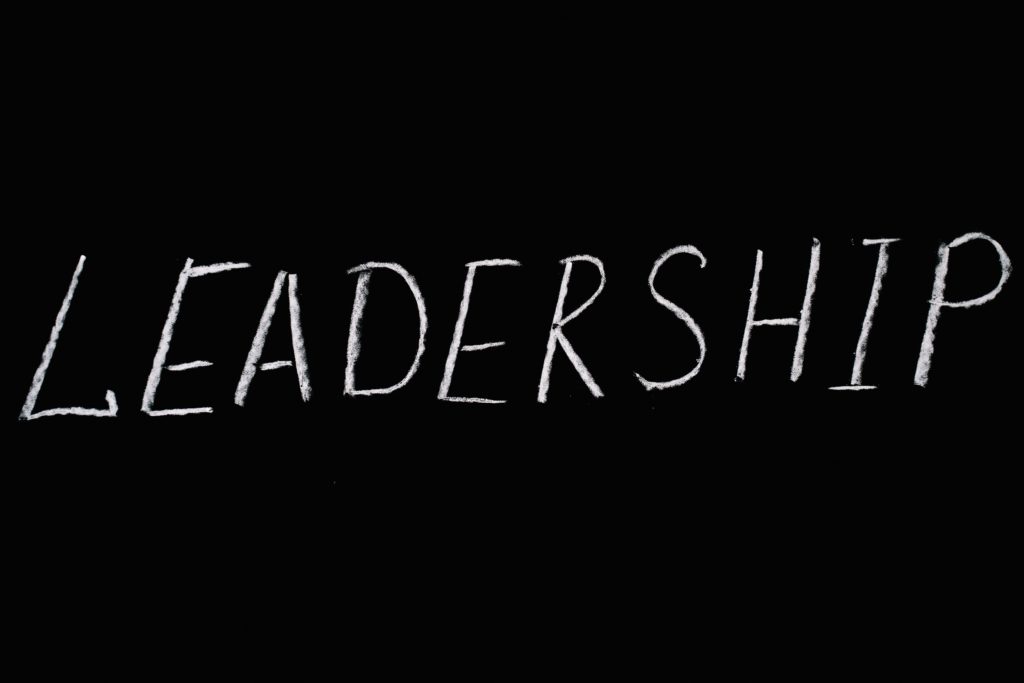“You are not here merely to make a living. You are here in order to enable the world to live more amply, with greater vision, with a finer spirit of hope and achievement. You are here to enrich the world, and you impoverish yourself if you forget the errand.” –Woodrow Wilson
Leadership for a Better World is shared, participative and a service
Our understanding and concept of leadership has evolved significantly over the last century. We understand so much about leadership, and there are many theories of leadership that one could almost think of it as a science. One of the most positive developments out of this is that leadership is no longer solely owned by people in an authoritative position, or someone with rank. Leadership for a better world can be shared, participative, a service, style, or behavior. It is in fact, an exciting time for someone to lead, and it is important that we capitalize on this.
We can all Lead toward a Better World
Unfortunately, even with all this movement away from thinking of leaders as those that are in power, it is still often subscribed only to people of rank in typically hierarchical structures. The majority still do not think of themselves as having the ability to lead, never mind being a leader themselves. In our new world this has to change. We must all recognize our innate ability to lead.
Leading our lives is an instinct we all have, and this must be nurtured from the earliest days in our life. We instinctively know we must walk and eat and sleep to live. We function minute by minute on our own, trying to survive. These are powerful instincts, that when harnessed by any one person can change the world. There are countless examples of individuals that have overcome incredible odds who were not endowed with obvious leadership talents and traits yet rose to lead. We witness the real potential in the human spirit to lead when we see individuals tremendously handicapped physically, mentally, spiritually, financially, socially, who find ways to rise and overcome incredible odds. They lead productive lives and contribute more than others with substantially more talent.
“People who are truly strong lift others up. People who are truly powerful bring others together.” – Michelle Obama
Society has grown too large and too complex to leave it to a few, and hierarchies are cumbersome structures that technology has leveled in many ways, but still exist. We will need leadership in the smallest walks of lives, and in the farthest corners to advance humanity together. Creating a worldwide culture of leadership will allow us to make the necessary leaps to conquer poverty, oppression, social exclusion, and to foster a sustainable planet. There is a universe out there for us to be part of. It is waiting for us, but if we look to one person, or even dozens of persons to “lead” us we will wait for decades.
“Leadership and learning are indispensable to each other.”
-John F. Kennedy
This does not mean we need new structures and ways of governing ourselves. What it means is that if everyone recognizes that they can learn to lead and contribute, we can move at a much greater pace. The world ecosystem is built on an intricate mass of interdependencies that grows as populations grow. Change comes much slower with size. If we rely on the hero leader to “take us there,” it will be years before we move, but if we each recognize our leadership potential things will move at a much more balanced pace. Hence, we need to begin to educate our children on becoming active leaders such that over time we have developed a culture of leadership around the planet. Our responsiveness to change will be much quicker and purposeful.
Shared Leadership Culture and Followership
All of this must begin with our current leaders. Leaders who truly serve must start to embrace a deeper understanding of leadership, history, philosophy, and virtues. Leaders need to break down and break away from the archaic hierarchical thinking that still permeates governing structures. They must take the lead in creating a more participative leadership mindset within society, and hence begin the development of a shared leadership culture.
Also, one of their primary targets for change beyond themselves are their followers. Since hierarchical structures have existed ever since the beginnings of societal structures, many people still work, act, and think in this way.  Followership then becomes part of the challenge in that it impedes progress through expectations that leadership is only the responsibility of our leaders. The action, then, of creating a new culture of thinking about leadership rests with both leader and follower.
Followership then becomes part of the challenge in that it impedes progress through expectations that leadership is only the responsibility of our leaders. The action, then, of creating a new culture of thinking about leadership rests with both leader and follower.
The Pull of History Holding us Back
We are up against the pull of history in trying to make this change, hence, an understanding of history and how we got here is important in determining how we move forward. To avoid “repeating” history one needs a deeper understanding of “how we got here in the first place.” What created the cycle that we are in, and how can we break that cycle? We have to recognize that as the current generation we have the most history to learn from, and that we have more knowledge now than anyone before us. Mistakes at this point should never happen, if we understand the how and why things have developed then we should know how and why to fix things going forward.
If we look deeply at the “why” we will find a purpose and meaning to the progression of mankind. An understanding of the philosophies of the human condition and our purpose and meaning are important for our leaders. Decisions can’t be made just for today but must have a vision for tomorrow and the long-term future of mankind.
The founding fathers of the United States had one thing in common, a firm belief in the greater meaning of what they were doing. It went beyond just separation and independence. They were beginning something that was important to mankind; an endeavor that would reshape the world. We need this same type of thinking, but on a world-wide level. The greater good of humankind is at stake.
CONCLUSION – Good Leaders, Better World
Good and goodness permeates humanity, but it will be suppressed if our leaders do not cultivate it, and more importantly exhibit it. The one unique aspect of leaders in this day of continual ever-present communications, is their level of visibility. People see them on a minute-by-minute basis, and thus they should be visible examples of virtuous people.
Our youth need to see these actions, so they can model the proper behavior. However, it is not only our leaders that must do this; everyone is equally accountable, but our leaders will tend to be the most visible. Thus, a deep knowledge and practice of the virtues previously discussed in my previous blog, “Good People, Better World” will provide a strong foundation for a leader as an individual, and their actions will project the characteristics that all can look to for example. Leaders, all leaders, must rise to the calling of being good and better people first, then great leadership will follow.

